Leaving the confines of indoor spaces presents children and teens the opportunity to drink in fresh air. Crisp, invigorating, fresh air. Aside from health benefits, which there are plenty, there are more reasons for kids to get outside.
Studies are showing kids who prioritized spending time outdoors learn to navigate the physical world better than those who didn’t. One instructor explained it this way. Students who grew up exploring the outdoors can better orient themselves because their senses are more prone to understanding the space around them.
Due to COVID, more educators are looking for ways to include outdoor education into their lesson plans. Learning outdoors creates opportunities for what Richard Louv calls “maximum learning.” In the article “The Hybrid Mind,” he writes, “Maximum learning usually takes place when more of our senses are engaged. Yes, tight digital focus is often needed, but the healthy brain—the learning brain—also needs to pay a different kind of attention, an attention that researchers have called ‘fascination,’ which often happens in more natural settings. This kind of attention restores the parts of the brain fatigued by too much ‘directed attention.’”
When fascination is a part of a child’s world, they’re more likely to be curious and engaged in the learning process. Igniting their senses promotes a feeling of being alive. With so much time spent focusing on screens—for school or leisure—students have to purposefully block out certain stimuli to focus. When they’re outdoors, they’re encouraged to soak in the environment around them, enlisting all of their senses to experience nature and all it has to offer.
If you’re looking for an outdoor education program or camp or conference center to visit, go to thepowerofcamp.com.




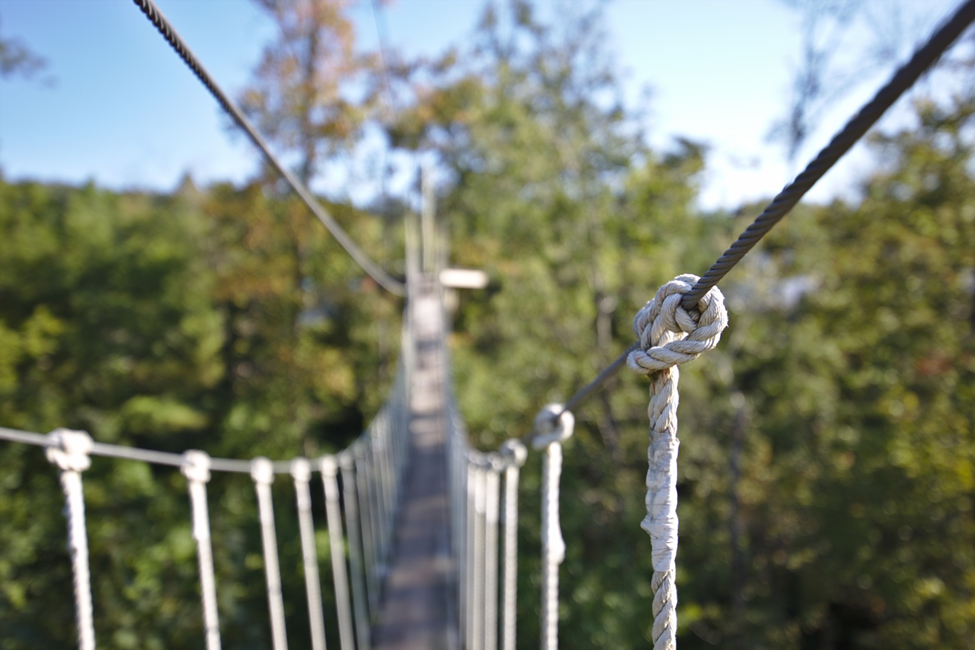

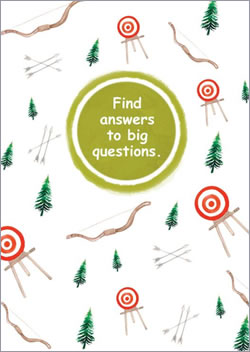
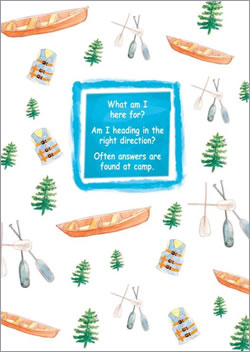


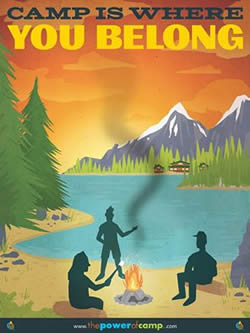

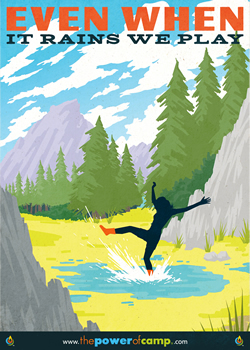

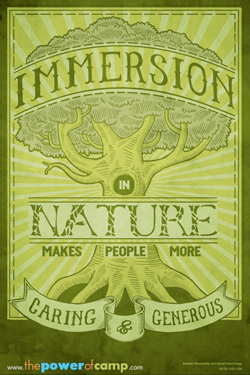
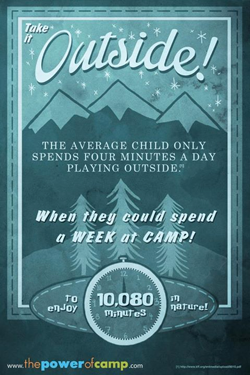

 INSTAGRAM
INSTAGRAM FACEBOOK
FACEBOOK TWITTER
TWITTER YOUTUBE
YOUTUBE